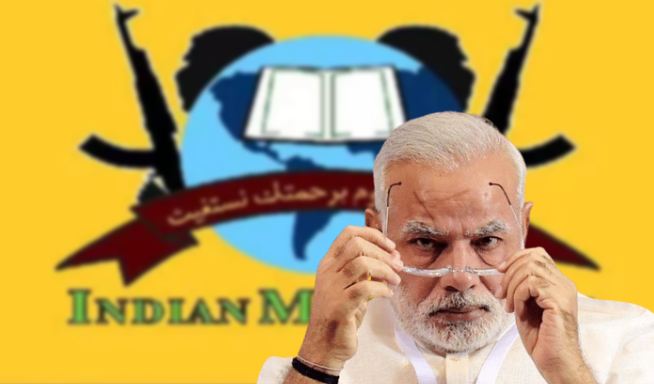On Friday, the perpetrators of the heinous 2008 Ahmedabad serial bomb blasts were brought to justice. In what came as a decisive and unprecedented verdict, 38 of 49 convicts were passed the death sentence, while the remaining 11 were sentenced to life imprisonment. The 2008 Ahmedabad serial bomb blasts were carried out by banned terror outfit Indian Mujahideen and led to the death of 50 innocent civilians. The bombs were detonated across Gujarat’s capital within one hour and wreaked havoc across the country. Those were the days when India had become habituated to bomb blasts, while the UPA government worked to normalise them.
During the hearing, the prosecution claimed that the accused planned the serial blasts as “revenge” for the 2002 post-Godhra riots in Gujarat and to overthrow a democratically-elected government. According to the prosecution, the Indian Mujahideen was trying to target elected leaders such as Narendra Modi, the then Chief Minister, and other state ministers including Amit Shah, Anandiben Patel and Nitin Patel.
The prosecution batted for the death sentence to be awarded to the convicts, saying the accused are “not even required to be kept in the county’s jail,” and if they are “kept in society, then it will be equivalent to setting loose a man-eating leopard”.
Indian Mujahideen Must be Revisited
The Indian Mujahideen is an Islamist terror group that had a field run all over India in the UPA era. It is an offspring of the outlawed Students’ Islamic Movement of India (SIMI). The group consisted of lower-tier SIMI operatives and the pinnacle of its career was during the Congress’ rule over India. The Indian Mujahideen was responsible for the following attacks on Indian soil:
2007 Uttar Pradesh bombings
2008 Jaipur bombings
2008 Bangalore serial blasts
2008 Ahmedabad serial blasts
2008 Delhi bombings
2010 Pune bombing
2010 Jama Masjid attack
2010 Varanasi bombing
2011 Mumbai serial blasts
2013 Bodh Gaya blasts
The Modi government must work towards bringing the Indian Mujahideen to the task. In all the cases that the terror outfit is yet to have its members convicted, the Central government should work with lightning speed to ensure the same. Separately, the government and investigating agencies must also look at the UPA government’s role in dealing with such radical outfits during its tenure.
UPA and Indian Mujahideen – An Uncanny Pair
Notice how all IM-orchestrated attacks took place under the UPA’s rule? How is it that the most active years of the Indian Mujahideen coincide with when the Congress was leading a government at the Centre? And why is it that after the UPA was kicked out of power by the people of India, the Indian Mujahideen slipped into oblivion?
Did the government back then deal with terrorists with an iron first? Of course not. In order to protect its image among the Muslim voters of India, the Congress-led UPA did all it could to not act against such outfits which were terrorising ordinary Indians on a daily basis. There was a time when Indians who stepped out of their homes would be convinced that they would possibly never return because a bomb going off in their city would not be something unprecedented or unusual.
During the UPA era, at least 18 big terror attacks struck India – killing innumerable citizens. And this is a figure of just India’s metro cities! That gives you an idea of how terrorists were given a free hand by the UPA government.
It was the arrest of Yasin Bhatkal in the year 2013 (months before the 2014 Lok Sabha polls) that inflicted severe damage over the Indian Mujahideen. Yasin Bhatkal was the founder of the proscribed outfit. He had been sentenced to death in 2016 by an NIA court in Hyderabad. Yasin is accused of direct involvement in over 10 separate bombings in India.
Many might argue that the Indian Mujahideen is a relic of the past. Perhaps it is. However, the number of attacks it committed on Indian soil makes it an outfit whose members must be sent to the gallows. The death sentencing of the 2008 Ahmedabad serial blasts convicts is a beginning. Now, the Modi government needs to shift focus on other attacks carried out by the outfit, apart from its parallel period of operations with the UPA regime.
